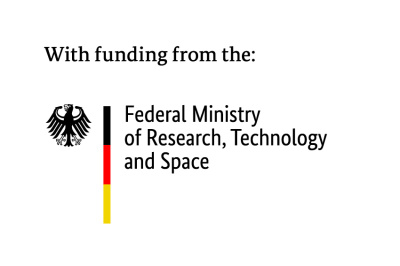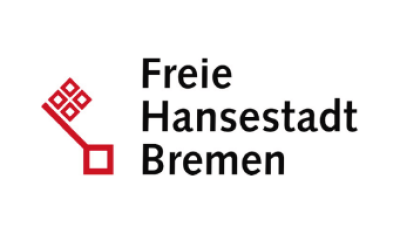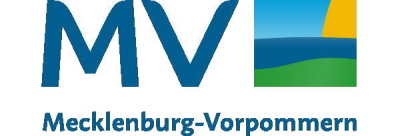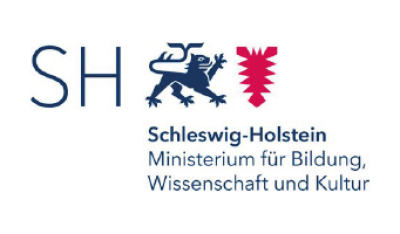Concepts for reducing the impacts of anthropogenic pressures and uses on marine ecosystems and biodiversity
Our Mission
CREATE Phase 2 is dedicated to innovate marine monitoring, management, governance and education through an integrated transdisciplinary approach. On the one hand, we develop cutting-edge, non-invasive methods to assess biodiversity, seafloor integrity, and water quality – ranging from advanced environmental DNA (eDNA) analysis and real-time sensor systems to hydroacoustic mapping and connectivity modeling. On the other hand, we analyze institutional designs and the social acceptance of regulations, and co-develop suitable governance structures and educational programs, which help to disseminate our results.

© CREATE
Our Approach
Central to our project is a commitment to stakeholder co-creation. We actively engage government agencies, industry partners, research institutions, and local communities through a large variety of different formats, including dialogues, workshops, interviews and participation in running policy fora such as the BLANO groups (Bund/Länder-Arbeitsgemeinschaft Nord- und Ostsee). Within this collaborative framework, we co-develop standardized monitoring protocols, transparent open-access data practices, and participatory strategies that translate scientific innovation into practical solutions. By aligning our research with the needs of stakeholders including Offshore wind industry, environmental NGOs and environmental agencies, we ensure that we do not only advance marine science but also deliver tangible benefits for sustainable environmental management.
Our Aims
Our aims are structured into three key focus areas, all of which merge advanced marine science with practical applications.
1. Non-Invasive Monitoring Techniques
• Biodiversity Assessments: Co-creation of standardized non-invasive eDNA sampling and data analysis as well as long-term bio-archiving to monitor species dynamics across marine habitats.
• Seafloor Integrity and Sediment Analysis: Use AI-driven classification software and hydroacoustic methods to assess seafloor conditions, sediment properties, and habitat regeneration potential.
• Drifters as cost-effective tool for marine observations
• Eutrophication and Water Quality Monitoring: Implement sensor-based systems to track phytoplankton activity and nutrient imbalances, ensuring early detection of eutrophication effects.
• Marine mammal health indicators: Analysis of marine mammal data to develop marine mammal health indicators
2. Connectivity of Protected Areas
• Utilize molecular identifications, drifters and hydrodynamic modeling to assess water mass movements, and species dispersal between Marine Protected Areas
3. Social Acceptance, Governance Structures and Marine Education
• Comprehensive Analyses of current marine governance frameworks: Examining formal and informal institutions, conflict resolution strategies, and the effectiveness of both voluntary agreements and legally binding measures.
• Assess public perceptions and stakeholder attitudes towards marine conservation policies: Analyzing the social acceptance of regulatory frameworks.
• Marine Education: Co-production of school learning materials based on latest research findings






